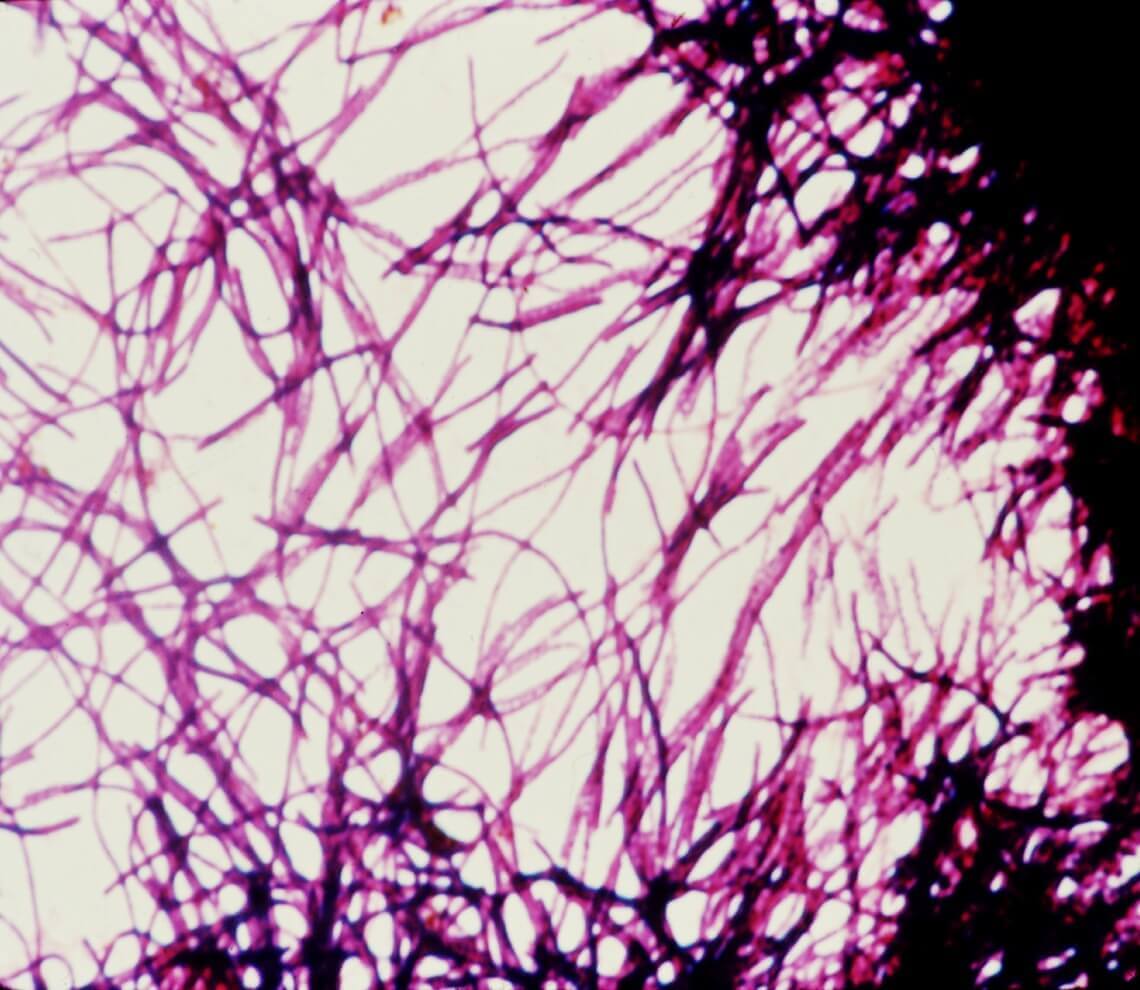- Our Suppliers
- MBS Monoclonals
- MOUSE Anti-HUMAN MALT1 Antibody
Product short description
Price:
332 EUR
Size:
100ug
Catalog no.:
GEN219465
Product detailed description
Clone
50
Gene name synonims
N/A
Purification method
N/A
Immunoglobulin isotype
IgG1
Also known as
MALT1
Gene name
MALT1
French translation
anticorps
Clonality
Monoclonal
Category
Antibodies
Latin name
Mus musculus
Host organism
Mouse (Mus musculus)
Subcategory
Mnoclonal antibodies
Concentration
IgG concentration 1.0 mg/ml
Other gene names
MALT1; MALT1; MLT; MLT1; MLT
Form/Appearance
Purified (Purified IgG - liquid)
Tested applications:
Immunohistology - Paraffin (IHC), Western Blot (WB)
Description
This antibody needs to be stored at + 4°C in a fridge short term in a concentrated dilution. Freeze thaw will destroy a percentage in every cycle and should be avoided.
Species reactivity
Human (Homo sapiens); Due to limited knowledge and inability for testing each and every species, the reactivity of the antibody may extend to other species which are not listed hereby.
Storage and shipping
Store the antibody at +4 degrees Celsius for short-term storage and at -20 degrees Celsius for long-term.Storage in frost-free freezers is not recommended. the antibody should be stored undiluted. Repeated freeze - thaw cycles may denature the peptide chains of the antibody and therefore should be maximally avoided. If there is a precipitate in the vial we recommend you to briefly microcentrifugate it prior to use. Shelf Life: 18 months from date of dispatch.
Other names
mucosa-associated lymphoid tissue lymphoma translocation protein 1 isoform a; Mucosa-associated lymphoid tissue lymphoma translocation protein 1; mucosa-associated lymphoid tissue lymphoma translocation protein 1; paracaspase; caspase-like protein; MALT associated translocation; MALT lymphoma-associated translocation; MALT-lymphoma associated translocation; mucosa associated lymphoid tissue lymphoma translocation gene 1; MALT lymphoma-associated translocation; Paracaspase
Test
MBS Monoclonals supplies antibodies that are for research of human proteins.Mouse or mice from the Mus musculus species are used for production of mouse monoclonal antibodies or mabs and as research model for humans in your lab. Mouse are mature after 40 days for females and 55 days for males. The female mice are pregnant only 20 days and can give birth to 10 litters of 6-8 mice a year. Transgenic, knock-out, congenic and inbread strains are known for C57BL/6, A/J, BALB/c, SCID while the CD-1 is outbred as strain.
Properties
If you buy Antibodies supplied by MBS Monoclonals they should be stored frozen at - 24°C for long term storage and for short term at + 5°C.Human proteins, cDNA and human recombinants are used in human reactive ELISA kits and to produce anti-human mono and polyclonal antibodies. Modern humans (Homo sapiens, primarily ssp. Homo sapiens sapiens). Depending on the epitopes used human ELISA kits can be cross reactive to many other species. Mainly analyzed are human serum, plasma, urine, saliva, human cell culture supernatants and biological samples.
Specificity and cross-reactivity
MALT1 This item recognises human mucosal-associated lymphoid tissue lymphoma translocation 1 (MALT1), a 93kD paracaspase which has been reported to demonstrate proteolytic activity. In normal lymphocytes, MALT1 plays an important role in antigen receptor-mediated lymphocyte activation. In T-cells, MALT1 is recruited by activated CARMA1, along with Bcl-10, to form a CARMA1-Bcl10-MALT1 (CBM) complex which is involved in the activation of NF-kappaB. _x000D__x000D_MALT1 was initially identified as a recurrent translocation t(11;18)(q21:q21) in mucosal-associated lymphomas, which creates a functional fusion oncoprotein consisting of MALT1 and apoptosis inhibitor API2. Studies suggest that overexpression of MALT1, or expression of the API2-MALT1 fusion protein, leads to the uncontrolled activation of NF-kappaB which is stimulus-independent. _x000D__x000D_This item is reported to recognise both MALT1 and the MALT1-API2 fusion protein.; Since it is not possible to test each and every species our knowledge on the corss reactivity of the antibodies is limited. This particular antibody might cross react with speacies outside of the listed ones.
© Copyright 2016-Tech News . Design by: uiCookies

